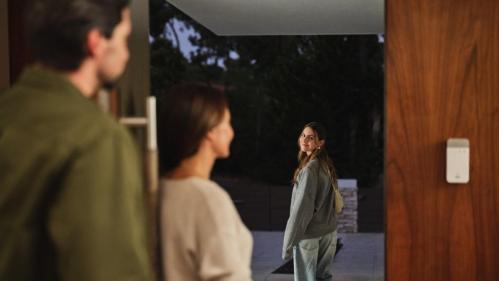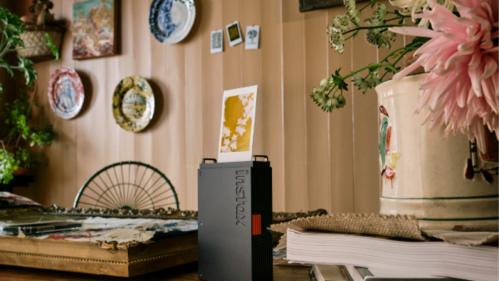 You’re an apartment dweller, and find yourself with a small outdoor space that you're just dying to get your hands on.
You’re an apartment dweller, and find yourself with a small outdoor space that you're just dying to get your hands on.
The trouble is, since you’ve never grown anything before, you’ve no idea exactly where to start, the pitfalls to avoid, and how to fix the mistakes you make along the way.
Here are 10 things you need to know to get you on the path to watching your little garden thrive and grow.
Planning is everything: A good schedule is the key to success. Think about when you'll have time to water each day, and when you'll have more time each week to prune, thin, apply fertiliser, and so on. If you're planting a larger bin or raised bed with multiple plants, research what grows well together and what doesn't. Most importantly, think about what will keep you interested. If you're growing one big vegetable patch, plant some vibrant flowers that will bring some visual excitement throughout the season.
Don’t lose heart: Like any gardener, you will kill things, overwater plants, and make a mess out of your vegetable patch. But don’t be put off. You will get the hang of it, and with practice, you’ll find your garden taking shape and looking how you dreamt it would.
Sunny side up: Take a look at the space you're thinking of using, and stand in the exact spot where you're thinking of putting a plant. If you look up and see the sun, you’re onto a winner. You'll want a good six hours of that in order to grow most vegetables and fruit. If it's a little less, you can still give it a try but you might want to shy away from things like tomatoes, peppers, anything that really needs to soak up a ton of sun to fuel fruit production. If your spot is going to be shady the entire time, you probably won't be growing a lot of vegetables, but don't despair. There are a lot of lovely plants and flowers that prefer partial to full shade. Do your research and pick plants whose needs match up with the amount of light your space offers.
Know your soil: It’s always a good idea to do a soil test and make some amendments where needed. Depending on the quality of your soil, you may need to work on it for a season and garden the next year. Or you could build a raised bed and bring in your own soil. For those who are buying already potted plants, ordinary potting soil is generally only good for one season. If you have an extensive container garden or bed, you're better off starting your pots with a high-quality compost or compost soil mix, then turning and amending it each year.
Find out kind of drinker your plant is: Everyone knows plants need water, but some are thirstier than others. For example, tomatoes need a lot, but they like to get a little dry between watering, so consistent, deep waterings every other day during the summer is usually just about right. Check online, or with a garden expert exactly how much water your plant will need, and how frequently this should be done.
What do your plants like to eat?: It's easy to panic when looking for a good fertiliser for your garden, but it's pretty uncomplicated. An organic "balanced" fertiliser will be good for most vegetables and flowers. Balanced means the fertiliser has an even proportion of the three main ingredients: nitrogen, phosphorous and potassium (NPK). Generally speaking, nitrogen is for the leaves and stems, phosphorous is for the root system, and potassium is for the flowers and fruit. So a balanced fertiliser feeds your whole plant. Read the package to see how often to feed your plants and stick to a consistent schedule.
Image via Pinterest.






